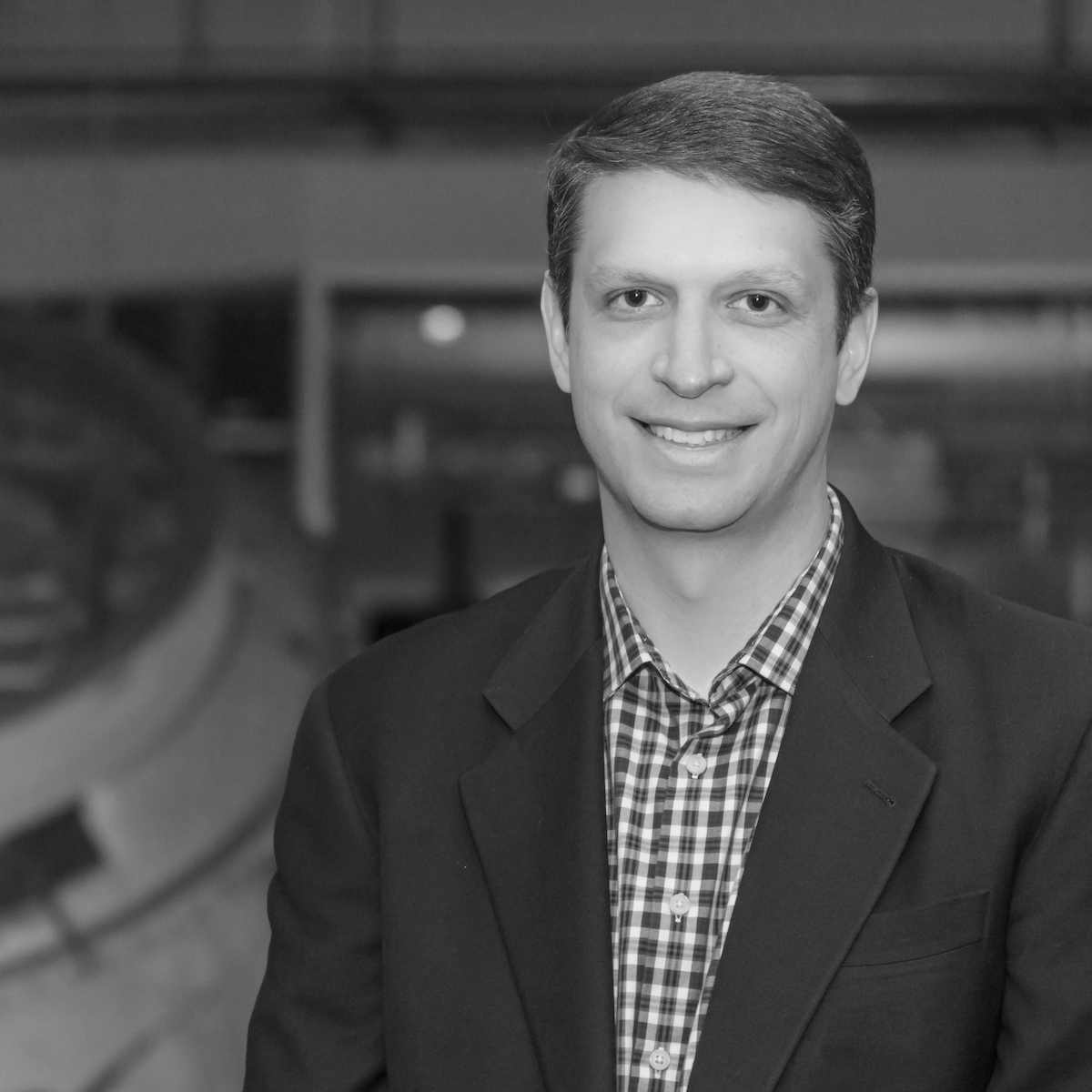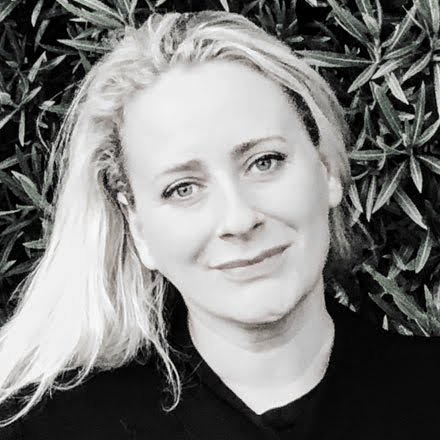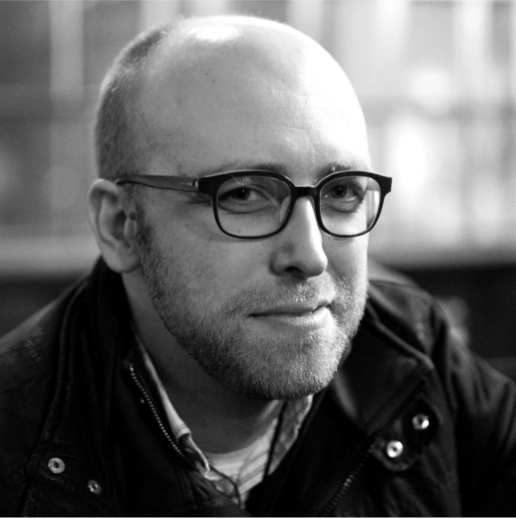Viriditas 2018 was a small, focused, discussion-based workshop geared towards coalescing a practical plan for supporting human life on Mars. It brought together innovators and visionaries across industry, academia, and government who are interested in applying synthetic biology to space exploration. The workshop was held as a full-day event on October 20th, 2018 at Ginkgo Bioworks in Boston, MA.
The name Viriditas was inspired by a concept in Kim Stanley Robinson's Mars Trilogy:
All these conditions make survival for living things difficult in the extreme. But life is tough and adaptable, it is the green force viriditas, pushing into the universe.
Viriditas 2018 was a joint effort by the Harvard Systems Biology Department, the Wyss Institute, the MIT Media Lab Space Exploration Initiative, and Ginkgo Bioworks. For further information, please see the Organizers and Sponsors sections of this page.













